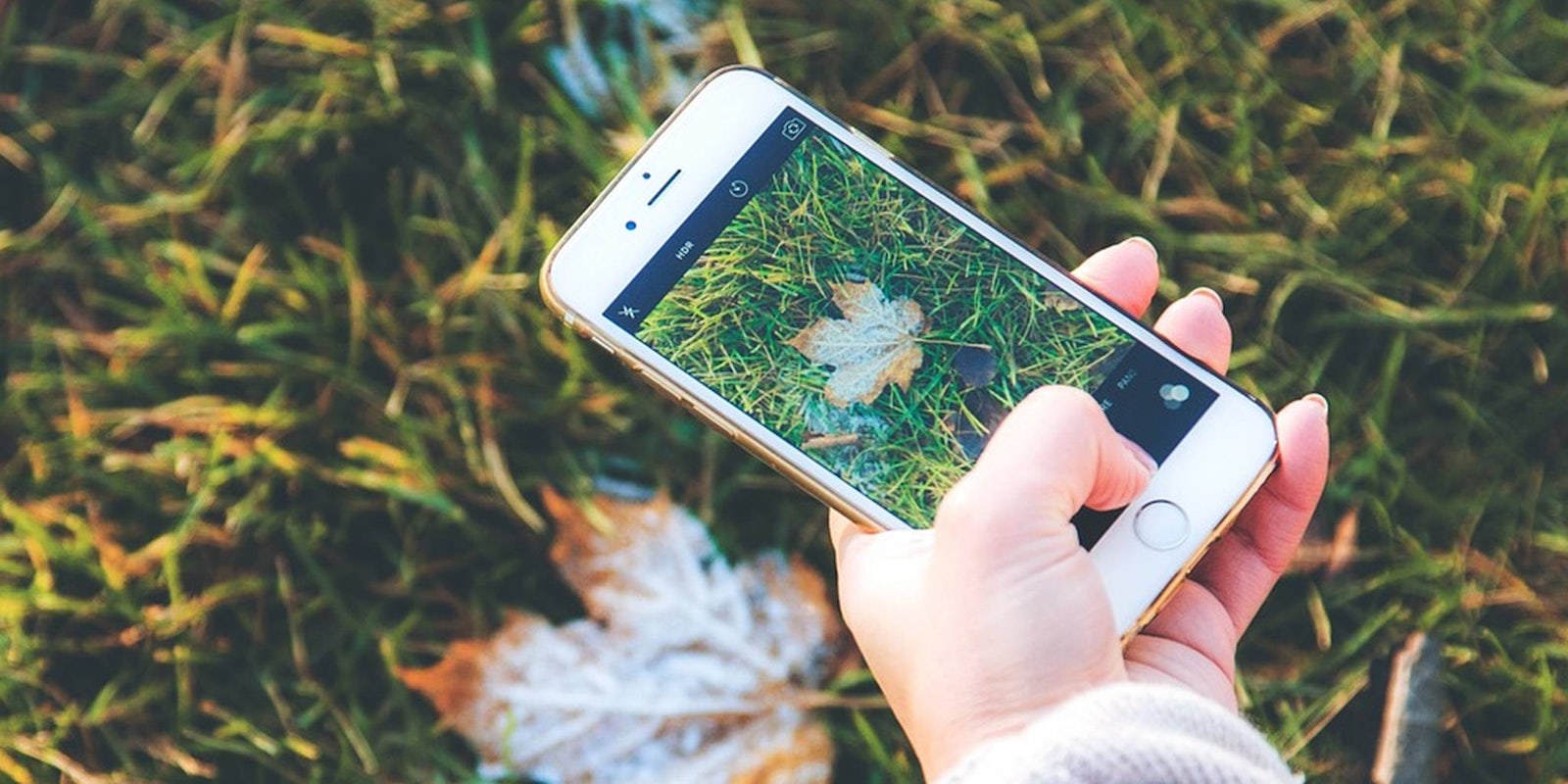It’s Earth Day! The day we look at the ground beneath our feet, thank it for being there, and half-heartedly apologize for abusing it.
Maybe that’s as far as it goes, and maybe that makes you feel a little guilty. Sure, you compost, you have reusable grocery bags, and you’ve really been working on your five-minute shower. But sometimes it’s hard to feel like you’re really doing something.
Some may say that technology is distancing us from nature and our planet, but a plethora of citizen science apps suggest otherwise. With these five apps, you can turn your usual morning commute or weekend hike into a way to help researchers keep track of our changing climate.
Here are our favorites citizen science apps.
iNaturalist
iPhone and Android
Cost: Free
Have you ever snapped a photo of a cool-looking bird or plant while enjoying the outdoors and wondered what it was? iNaturalist has you covered. It crowdsources identifications, so people can look at your observations and try to identify the species you saw with descriptive photos. The observation gets officially logged into the database when a registered naturalist confirms it. Best of all, ecologists can access the data and use it to see if anyone has found a species outside of its normal range or any other strange observations that might be scientifically relevant.
Loss of the Night
iPhone and Android
Cost: Free
Light pollution—that pinkish glow in and around cities at night—affects more than just stargazing humans. Researchers are worried it could affect nocturnal animals. You can help them monitor light pollution, and you only need your eyes to do it. The app asks users a simple question: Can you see this or that particular star? Your answer lets the app know how much light pollution there is in the sky on that particular night. The data syncs with the GLOBE at Night project, which is tracking light pollution around the world.
Marine Debris Tracker
iPhone and Android
Cost: Free
Disgusted by trash on your beach, but not really sure what to do about it? Marine Debris Tracker lets you log the trash you’ve found on the beach so researchers can keep track of where debris is most common and identify problem areas. This could allow concentrated efforts to remove trash from those areas and keep it from drifting off to sea, where it can harm marine life. All you have to do is log it during your beach vacation.
Hummingbirds at Home
iPhone and Android
Cost: Free
Hummingbirds are amazing. They’re almost always literally starving because their metabolisms are so fast. And still they persist, acting as a critical pollinating species that several plants depend on for their own survival. Also, they’re super cute. So it would totally suck if they went extinct. You can help prevent that with Audubon’s app, Hummingbirds at Home, where you can survey from the comfort of your own backyard or window box and help ornithologists keep track of these important creatures.
Bee-Friend your Garden
iPhone and Android
Cost: Free
It’s no secret that bees are seriously important pollinators of a lot of ecologically important plants that we need food and tons of other things. They are also very environmentally threatened. But you can “bee-friend” your busy neighbors by observing them. In particular, the app Bee-Friend your Garden wants you to figure out which plants in your garden are most attractive to a variety of pollinators. Essential for the avid gardener, you can help hack your backyard to help these threatened species thrive.


